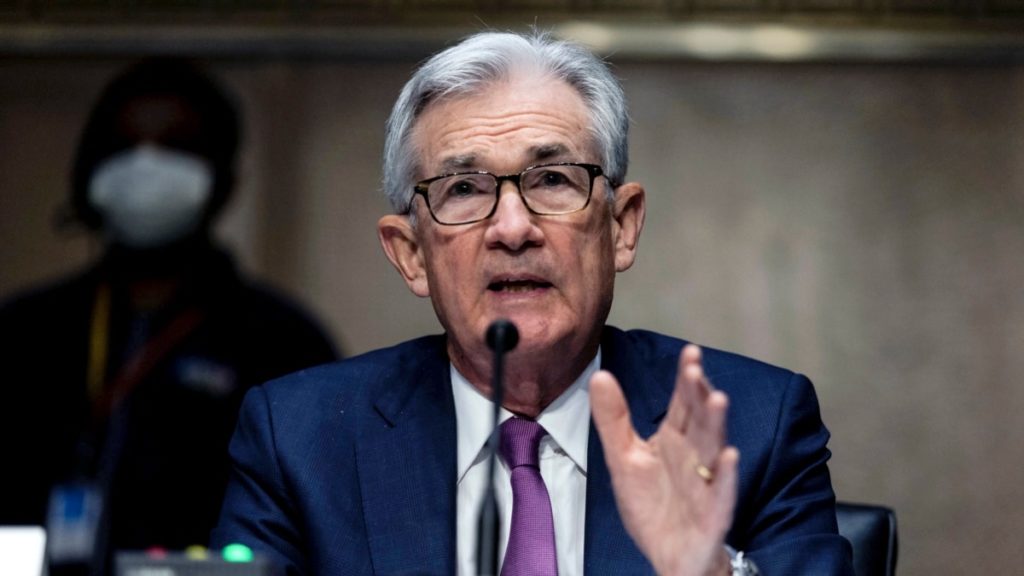With America’s households squeezed by higher costs for food, gas, rent, autos and many other items, the Fed is under pressure to rein in inflation by raising rates to slow borrowing and spending.
The stark challenge for Powell if he is confirmed for a new term, as expected, was underscored by the questions he faced Tuesday from both Democratic and Republican senators.
A Republican first elevated to the chair by then-President Donald Trump, Powell has also been credited by many Democrats for sticking with ultra-low-rate policies to support rapid hiring for the past 18 months.
In his testimony, Powell rebuffed suggestions from some Democratic senators that rate increases would weaken hiring and potentially leave many people, particularly lower-income and Black Americans, without jobs.
But Powell argued that rising inflation, if it persists, also poses a threat to the Fed’s goal of getting nearly everyone who wants a job back to work.
If prices keep rising, the Fed could be forced to slam on the brakes much harder by sharply raising interest rates, threatening hiring and growth.
Still, Toomey also criticized some of the Fed’s 12 regional banks for holding events that addressed climate change and “so-called racial justice,” which, Toomey argued, went far beyond the Fed’s mandate.
Powell said the Fed mistakenly expected that supply chain bottlenecks driving up prices for goods such as cars, appliances and furniture would not last nearly as long as they have.
But for now, those supply chain problems have persisted, and while there are signs they are loosening, Powell said that progress is limited.
The Fed had anticipated that more of those people would return to the workforce than have done so.
Last Friday’s jobs report for December, which showed a sharp drop in the unemployment rate to a healthy 3.9%, and an unexpected wage increase, has helped fan those concerns.
At the Fed’s most recent meeting in December, Powell said the central bank was rapidly accelerating its efforts to tighten credit with the goal of reining in inflation.
And Fed officials’ expectation that they will raise short-term rates three times this year marks a sharp shift from September, when they were divided over doing it even once.
